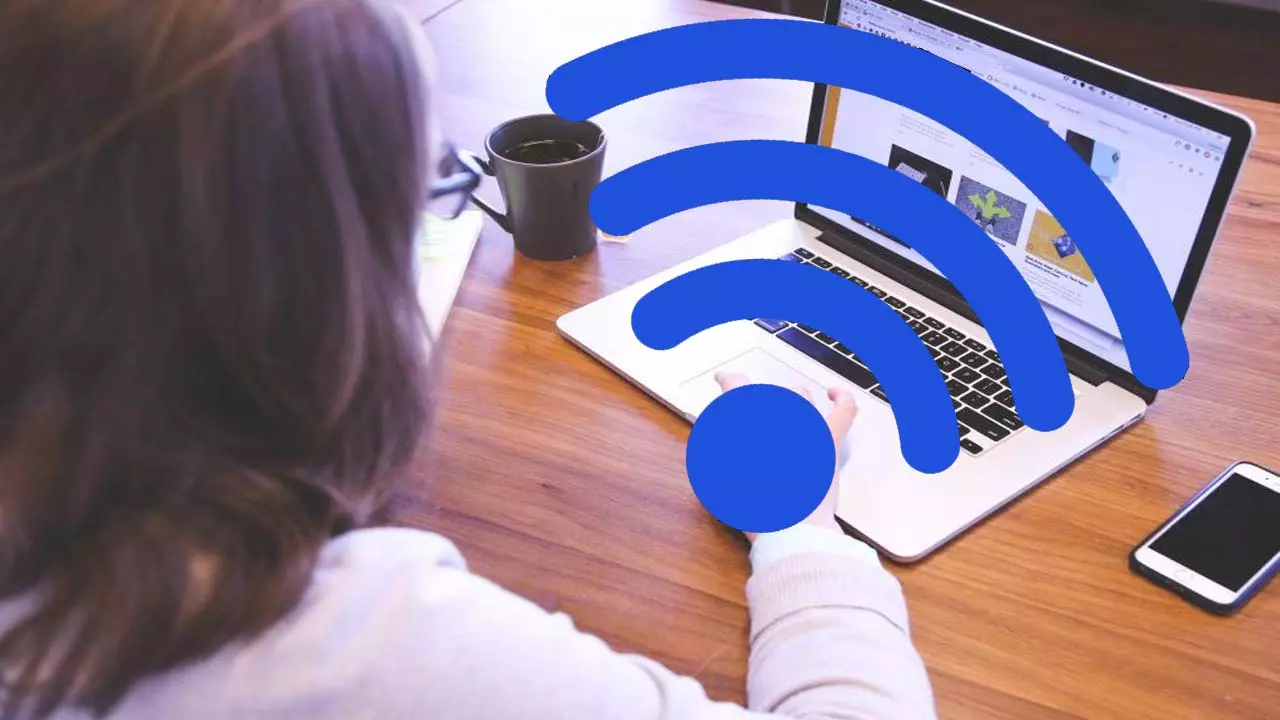Having a reliable Internet connection isn’t always as straightforward as it seems. Numerous factors come into play, determining whether your signal reaches its full potential, your speed remains consistent, and your devices can connect seamlessly. In this article, we delve into why the speed of your contracted Internet plan may not be the only relevant factor and explore other aspects that could be limiting your connection.
Understanding the Limitations
Before you decide to upgrade to a higher-speed Internet plan, consider the following elements that could be affecting your connection:
1. Proximity to the Router
A common culprit for Internet woes is being too far from your Wi-Fi router. When you’re connected at a distance, the signal weakens, leading to interruptions, slower speeds, and connectivity issues. Simply upgrading your Internet plan won’t solve this problem. Instead, invest in solutions like Mesh systems, Powerline Communication (PLC) devices, or Wi-Fi repeaters to extend coverage throughout your home.
2. Device Quality Matters
The devices you use play a significant role in your Internet experience. If you’re using devices with outdated or low-quality network cards, even the fastest Internet plan won’t deliver its full potential. Ensure that your devices, including your router and any repeaters, are equipped with quality components to make the most of your connection.
3. Configuration Is Key
Incorrect configurations can hinder your Internet performance. Pay attention to settings on your network card, router, and other connected devices. Optimize your Wi-Fi channel selection to avoid congestion, leverage dual-band capabilities, and ensure proper network configurations, especially on devices like smart TVs. These adjustments can prevent signal interruptions and ensure optimal quality.
4. Wiring Quality
Don’t overlook the importance of Ethernet network cables in your home network. Outdated or damaged cables can limit your connection speed to a maximum of 100 Mbps (Fast Ethernet). Even if you have a blazing-fast fiber optic plan, you’ll be stuck at a fraction of your potential speed. To avoid wiring problems, use at least CAT 5e cables, which support Gigabit Ethernet (up to 1 Gbps). Regularly inspect your cables to prevent performance issues.
Make Informed Choices
Before rushing to upgrade your Internet plan, take a closer look at these factors that could be restricting your connection. Addressing these issues may significantly improve your Internet experience, making your current plan more than sufficient. By optimizing your network, you can enjoy a smoother online experience without the need for a higher-priced plan.
Remember, it’s not always about the speed you have but how effectively you use it. Start by assessing these elements, and you may find that a few adjustments can make a world of difference in your Internet connectivity.

